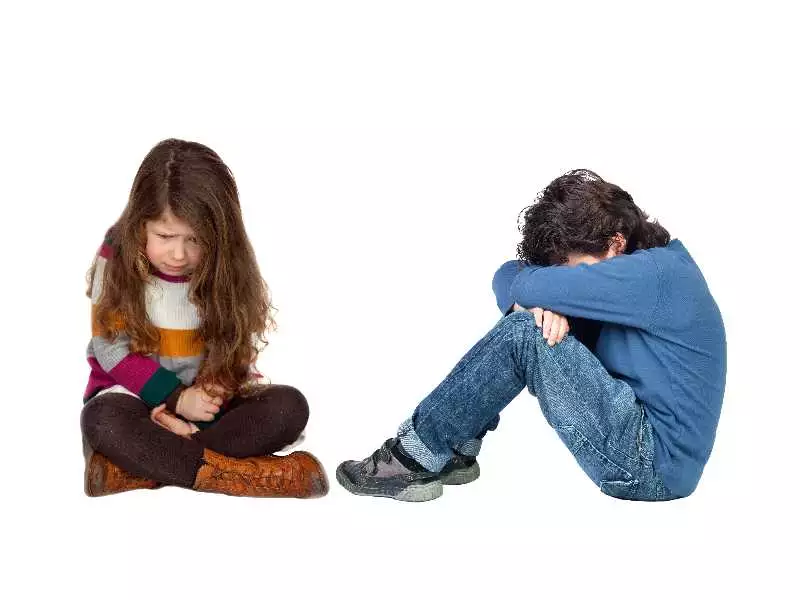Some people probably remember when they were children their parents threatening them with the words " if you are naughty, you will go to an orphanage". The threat was just a threat, but is it really the child's fault that he or she is put into foster care?
Well, no. There are various reasons: domestic violence, poverty, alcoholism ... one could go on for a very long time. One thing is certain - it is the parents who fail. When the biological family becomes dysfunctional and no longer fulfils its basic functions, such as meeting material, emotional and cultural needs, it is the child who suffers most. The institution to which he or she is sent is a home only on the surface. One lives in a large group of people in which there are no real emotional bonds, because both the rotation of the pupils and the temporary nature of the educators make this impossible.
Every day passes in loneliness, helplessness and homesickness. When a child is abandoned by his parents and placed in a new, completely alien environment, he starts to idealise his parents, displaces bad memories of the family home and longs to be loved. Homesickness is exacerbated when one has to start complying with new rules and regulations, meal and daytime schedules. In its own way, the child is deprived of independence and responsibility in the institution, as some activities are performed by the staff of the children's home and not by the ward himself - as was the case at home.
Cleaning is done for them, washing and cooking. There are no more friendly hugs from dad when they come home, no kisses from mum because the educators are afraid to show affection to the children, lest they be accused of inappropriate behaviour e.g. sexual harassment.

fot.panthermedia
Children lack daily motivation to learn and behave well because they worry about their fate and are afraid of the future. Often life in a group involves a constant struggle for the attention of educators or for different subjects. Everything around them is marked by the word 'mine' and 'yours'.









